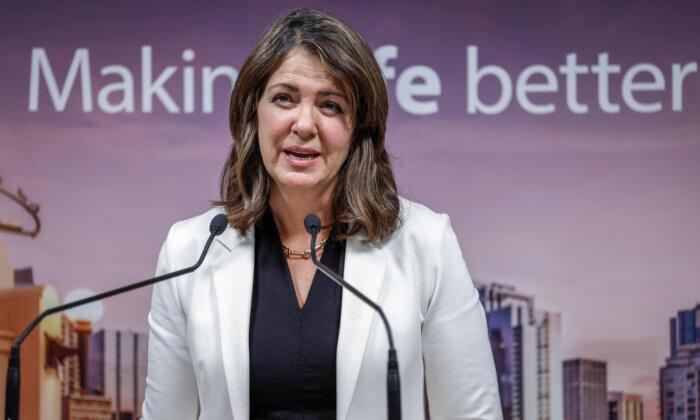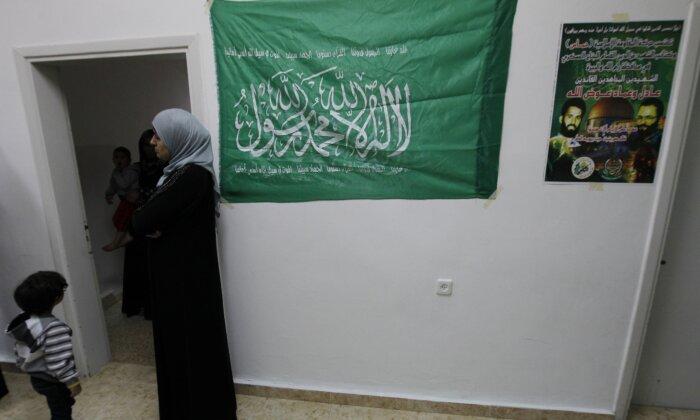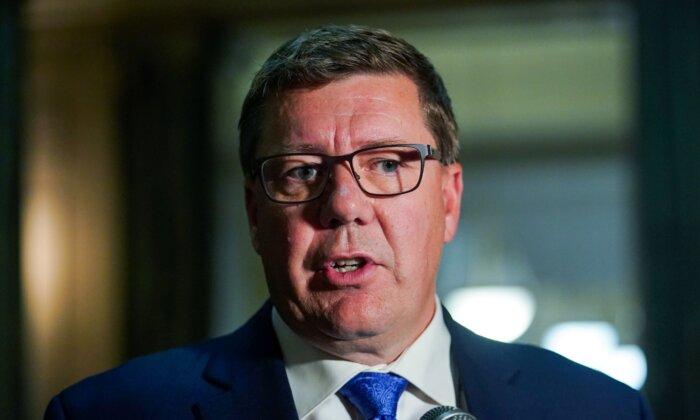An open letter, signed by former defence ministers among more than 60 former senior public servants and military and security officials, has been issued by the Conference of Defence Associations Institute (CDAI), warning that Canada is failing to live up to international expectations for military spending.
“Canada does not exist in a bubble and its security and prosperity are only guaranteed through collective security and defence arrangements that properly function if countries live up to the ideals of the UN Charter,” said the CDAI letter.
The letter was signed by dozens of signatories, including former national defence ministers, a former Supreme Court justice, and a long list of former provincial premiers, ministers, senators, chiefs of the defence staff, ambassadors, and senior public servants.
NATO Commitment
According to NATO’s most recent annual report, released in March, Canada spent an estimated 1.29 percent of its GDP on defence in 2022. This is far below the 2014 pledge signed by the allies to meet the earlier NATO-agreed guideline of spending 2 percent of GDP on defence by 2024.“We need immediate commitment to spend 2 percent as a minimum because when we see the needs for ammunition, for air defence, for training, for readiness, for high-end capabilities, it’s obvious that that 2 percent defence spending is minimal.”
Also speaking was Alberta’s former premier Jason Kenney, who is a former Conservative national defence minister, and former Liberal national defence minister David Pratt.

Fadden said Canadians, “absent of major crisis, don’t care a great deal about national security, national defence.” He said the world is becoming “sufficiently unstable,” which obligates the Canadian government to take national security and defence more seriously.
Kenney said that global superpowers are now “engaging in ... military assertiveness,” and that is a wakeup call for Canada, which is not being seen as a “serious player” on the international scene.
“We cannot take a permanent holiday from history. We’ve always been able to downplay defence, because we live under the American defence umbrella, but our allies rightfully expect for expect us to play our part,” said the former premier.

Pratt said the military is suffering issues of culture and a personnel shortage, with the Canadian Armed Forces 16,000 short of reserve and regular forces.
“We need more money being spent on operations. They need training. Somebody, somehow, has to fill those 16,000 slots,” he said.
According to Pratt, Canada’s military operational capabilities are “much weaker” than they were even five years ago.
CDAI’s letter said Canada’s defence policy is “lagging and comes at a time of great peril for global peace and security give the threats posed by China and Russia.”
“Canada cannot afford to conduct ‘business as usual’,” said the letter.
The group has called on Trudeau and the federal government to follow the call of the NATO secretary general and treat the spending investment of 2 percent of GDP “as a floor rather than a ceiling for defence spending.”





